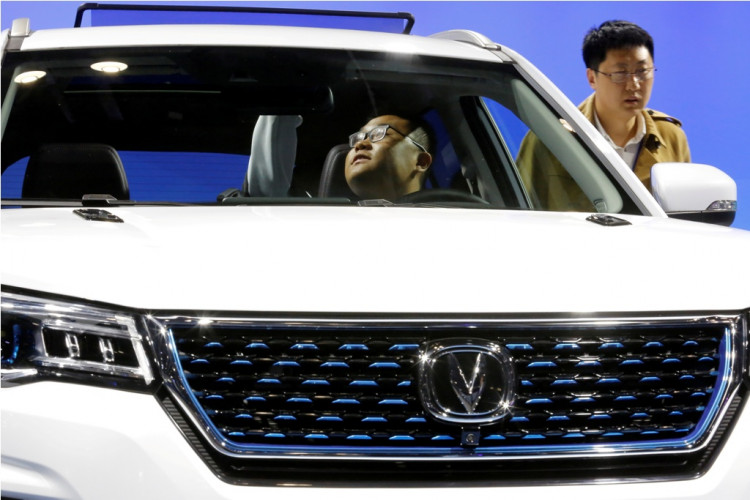Demand for methanol-fueled vehicles has increased in China over the past months, pushing the government to encourage more manufacturers to make the innovative transition.
According to Xinhua, the Chinese Ministry of Industry and Information Technology (MIIT) said China is mulling the possibilities of integrating methanol automobiles into the country's passenger cars.
Aside from passenger vehicles, methanol-fueled vehicles may also be included in China's new energy vehicles (NEV) management methods to help supply the increasing demand for biofuel cars.
The goal of developing methanol-powered vehicles is not just for encouraging alternatives. Instead, it will also upgrade the existing industries that are currently traditional and may be outdated.
So far, there have been 20 methanol refilling stations constructed under the MIIT's project. A total of 1,024 methanol automobiles are already in operation and it is expected that the numbers will increase over the years.
Methanol is one of the leading diesel alternatives in the fuel industry. It is recognized as one that has reduced greenhouse gas emissions. Many environmentalists believe more methanol-fueled cars will help reduce the stress levels that the planet is experiencing.
China has been forging ahead with its goals of sustainability. One of its most popular moves yet is when it allowed Tesla to start breaking ground for its Gigafactory 3 site in Shanghai.
Late last week, CEO Elon Musk paid a visit to what could be the electric vehicle giant's most ambitious project yet. According to Teslarati, social media accounts about Musk's visit indicated that the EV expert was pleased after the visit.
After his Gigafactory 3 visit, Musk reportedly met with the Shanghai Party Secretary, Li Qiang. The two discussed possibilities for Tesla in China as the country continues to pursue "green" projects and initiatives.
Solar energy is also taking the country by storm. Last month, a new study revealed that China's solar power fees are now just as affordable as electricity offered when a consumer links to the national grid.
The U.S. Energy Information Administration also found that China's solar capacity could increase by over seven percent in the coming decades as the country continues to be more aggressive in sustainable and renewable energy.
Last year, Beijing decided to slash subsidies to the solar industry in a bid to help the sector have a stronger stance against coal even if the government does not pour out massive funding.
Like other countries, China is still a long way from achieving complete sustainability. However, experts noted that the efforts in methanol-fueled cars, electric vehicles, and solar energy, could help encourage sustainability in the world's second-largest economy.





